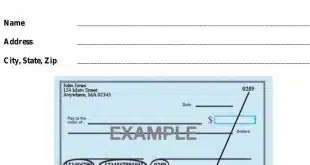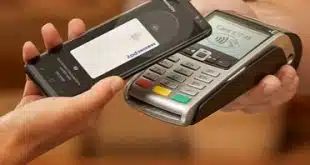The effort to harness debit card networks for near-instant person-to-person payments is moving apace. The latest development is this week’s announcement that the Houston-based Pulse electronic funds transfer network has enabled a service that will let cardholders pay each other by entering their debit card PINs on a so-called floating PIN pad that appears on a PC or mobile-phone screen. Funds will be available to recipients typically within minutes.
The service, called Payzur, comes from Acculynk Inc., an Atlanta-based software firm whose technology pioneered the use of a floating PIN pad to enable PIN-debit transactions for e-commerce merchants. Pulse, which is one of 11 debit networks that have adopted the e-commerce solution, called PaySecure, is the second network to enable the new P2P payments service and the first one with national scope. Ten Pulse issuers have shown interest in Payzur so far, say Acculynk officials, who add that financial institutions that have adopted PaySecure face little integration work for Payzur. “It’s quicker settlement, guaranteed funds, and banks don’t have to spend iotas of money to integrate it,” says Ashish Bahl, Acculynk’s chief executive.
“We’re finding very positive reaction from Pulse institutions to the benefit of using the network to offer faster transactions,” adds Douglas Hartung, manager of emerging products at Pulse, which is a unit of Riverwoods, Ill.-based Discover Financial Services.
The Pulse-Acculynk development follows by weeks similar efforts by other companies to use the near-real-time funds-transfer capabilities of debit networks to satisfy what many banks see as a growing consumer demand for faster P2P payments. Last week, Fidelity Information Services Inc. (FIS) announced a near-real-time P2P service based on its PayNet system, which in turn leverages banking links established through its NYCE debit network, which also has national reach. And last month, the Johnston, Iowa-based Shazam EFT network launched a mobile app called Shazam Bolts that this summer will enable P2P transactions.
With Payzur, cardholders enter an e-mail address or mobile number for the person they want to pay. They then enter the account number for their card and the amount of the payment and type in their PIN on a virtual PIN pad that appears, or “floats,” on a PC or mobile-phone screen. In some cases, issuers may capture the cardholder’s account number, allowing him to skip that step in future transactions.
The service allows financial institutions in the network to earn fees while avoiding the costs of automated clearing house processing, which is typically used to clear and settle P2P payments, Pulse and Acculynk officials say. The card issuer, acting as both issuer and acquirer, incurs net zero interchange for the P2P payment, but pays interchange to the receiving institution for a second-stage transaction in which that institution books a PINless credit. This interchange, which typically amounts to about 10 cents, according to Acculynk, comes on top of Acculynk’s fees. The issuer may also elect to charge a fee to its cardholder. “It’s a plus rather than a minus” compared to the ACH, says Hartung.
Acculynk expects to sign more networks soon. John Kerley, senior vice president for P2P at the company, says one or two more will sign up by the end of March, with two to three more coming on board in the second quarter. With each network signing, both Acculynk and the network must then persuade individual member institutions to adopt the service.
With demand growing for faster settlement times, particularly among younger consumers, that task may become easier. These consumers “want the same result you would get from trading cash, but they don’t want to use cash,” says Kerley.




